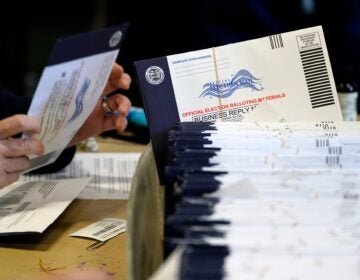Schools in disarray, with poison bubbling beneath
I’ve been covering education in Pennsylvania since 1976.
And in all that time, I’ve never seen the school scene in more disarray, even back when lawmakers were trading punches on the statehouse floor school aid formulas.
In Philadelphia, we’re fixing to run another school superintendent out of town. She probably deserves it. But this will foment more chaos and cynicism in a bedraggled district.
In Harrisburg, fresh off an historic act of disinvestment in our schools, the legislature is debating school vouchers – again. It’s not that the concept is fatally flawed. It isn’t. I can imagine a beneficial school choice system. I just can’t imagine this General Assembly passing one. It’s too addicted to the fantasy that good schools cost less, not more money, and too unwilling to submit its pet initiatives to the same rigor it preaches for existing public schools.
In Washington, federal education czar Arne Duncan has, for all intents and purposes, admitted that the No Child Left Behind regimen is a flop and a fiasco.
Ycch. What a landscape.
Bubbling beneath it is a rhetorical poison that has been polluting our discourse for decades.
The poison goes like this: Education is a private, consumer good that parents alone are responsible for buying for their children. And since choice is the Holy Grail of consumers, parents should have the right to choose any type of school, without financial penalty. Public schools, excuse me, “government schools,” are a tyrannical, monopolistic restraint on parental choice.
Now, I could go on for days about the flaws of public schools – the sullen teachers unions, the complacent mediocrity of suburban schools, the addiction to 19th century schedules.
But the right-wing indictment of “government” schools is wildly unfair. Most Americans went to a public school. If those schools are so irreparably lousy, how did we create the most potent economy the world has ever seen? Where did all those doctors, engineers, and software developers come from? They didn’t all go to St. Aloysius, Exeter or Friends Select.
Education is not a purely private, consumer good. Sure, parents have a primary stake, but not an exclusive one. Education is a public, societal good. On it depends the health of our economy, democracy and cultural commons.
We all have a clear, joint, moral and practical stake in the education of every child.
So let’s fix public education, not scrap it.
WHYY is your source for fact-based, in-depth journalism and information. As a nonprofit organization, we rely on financial support from readers like you. Please give today.




